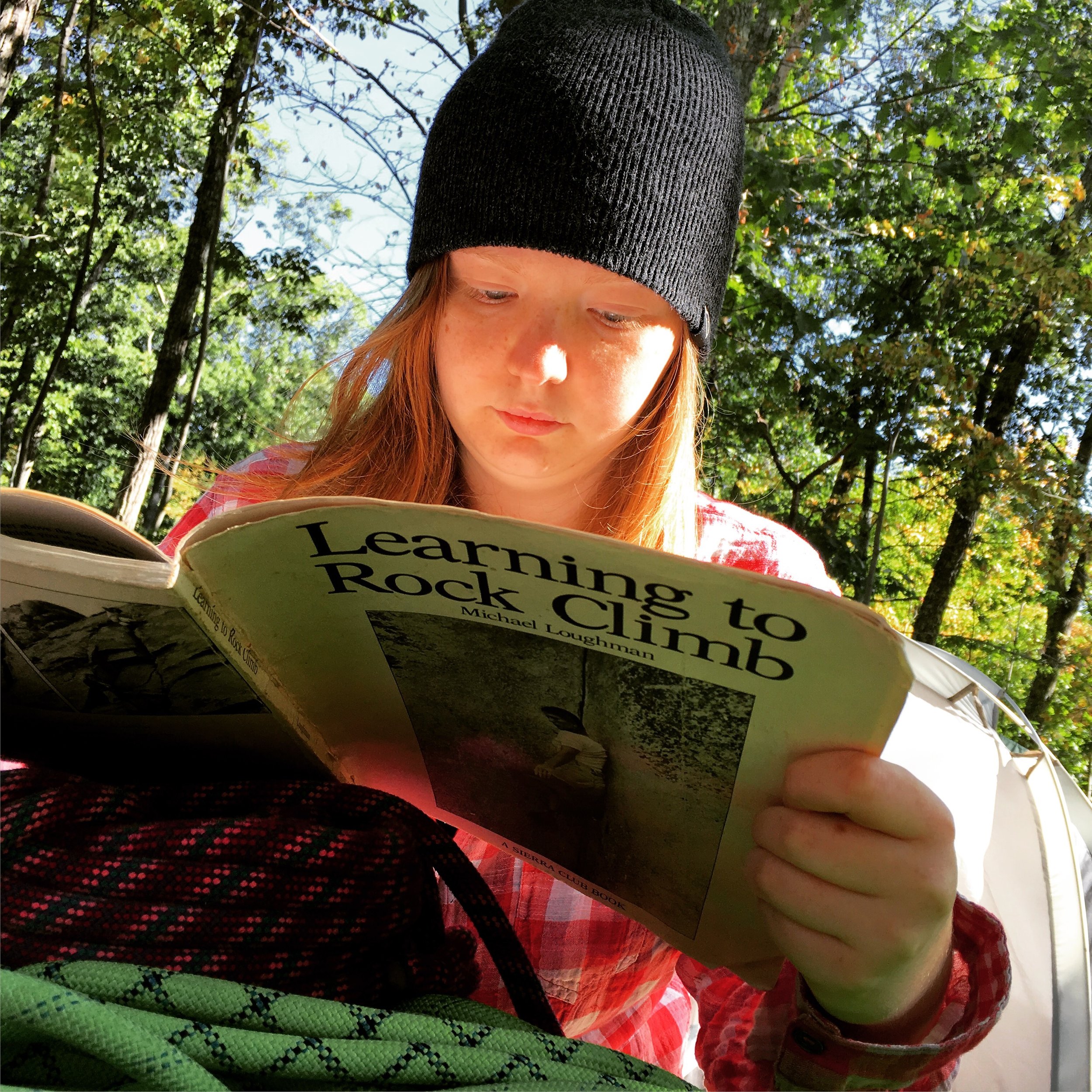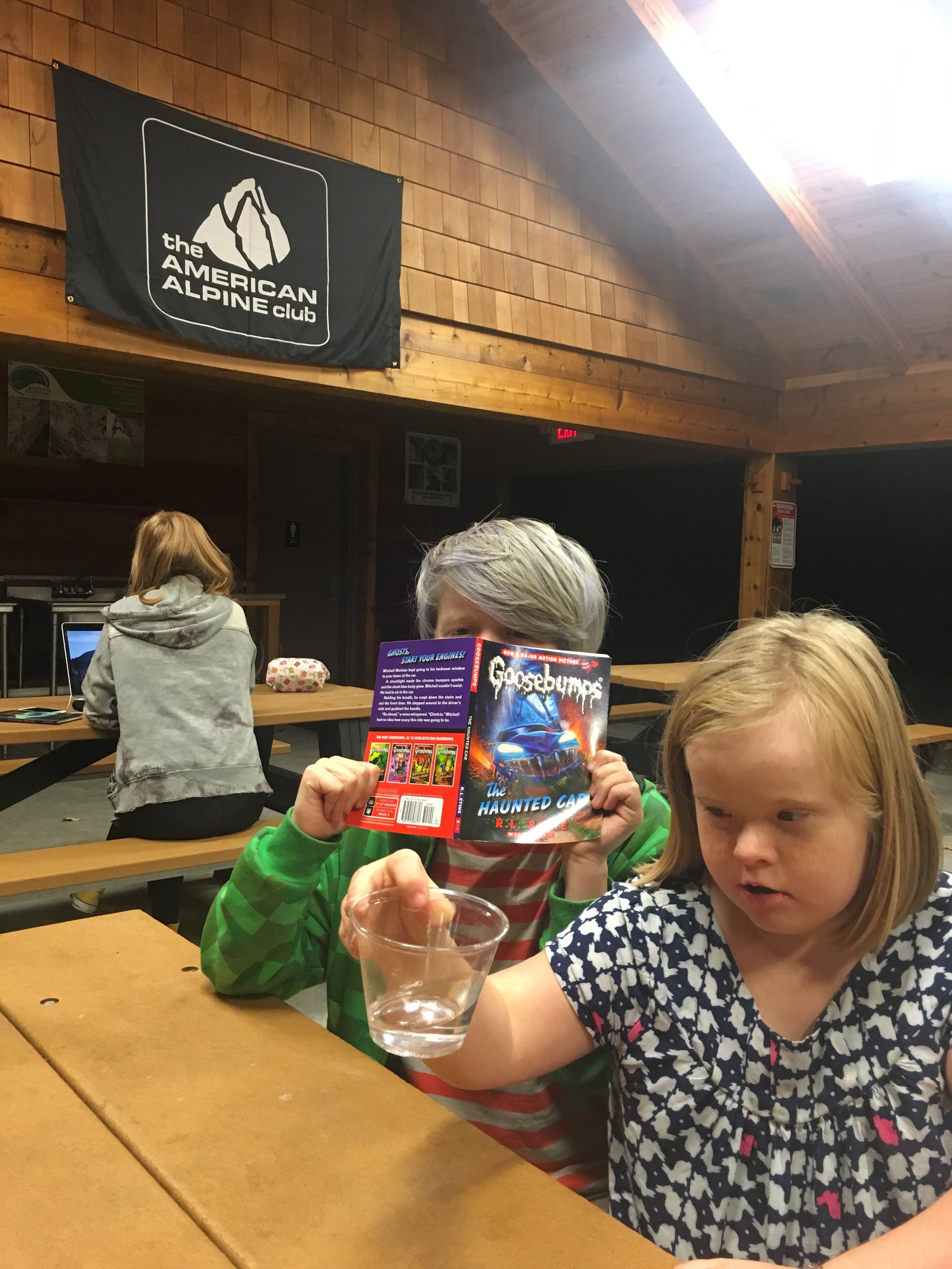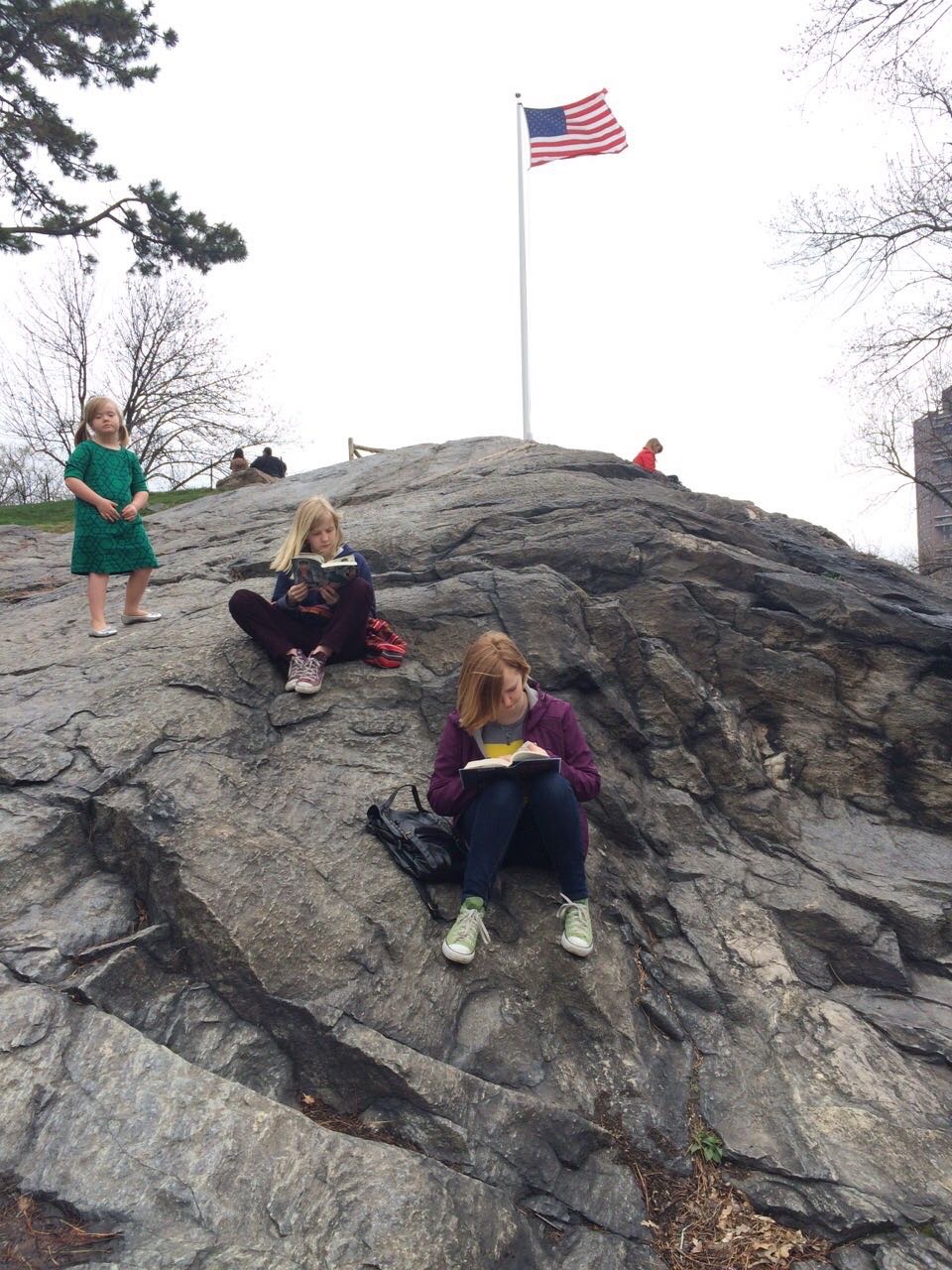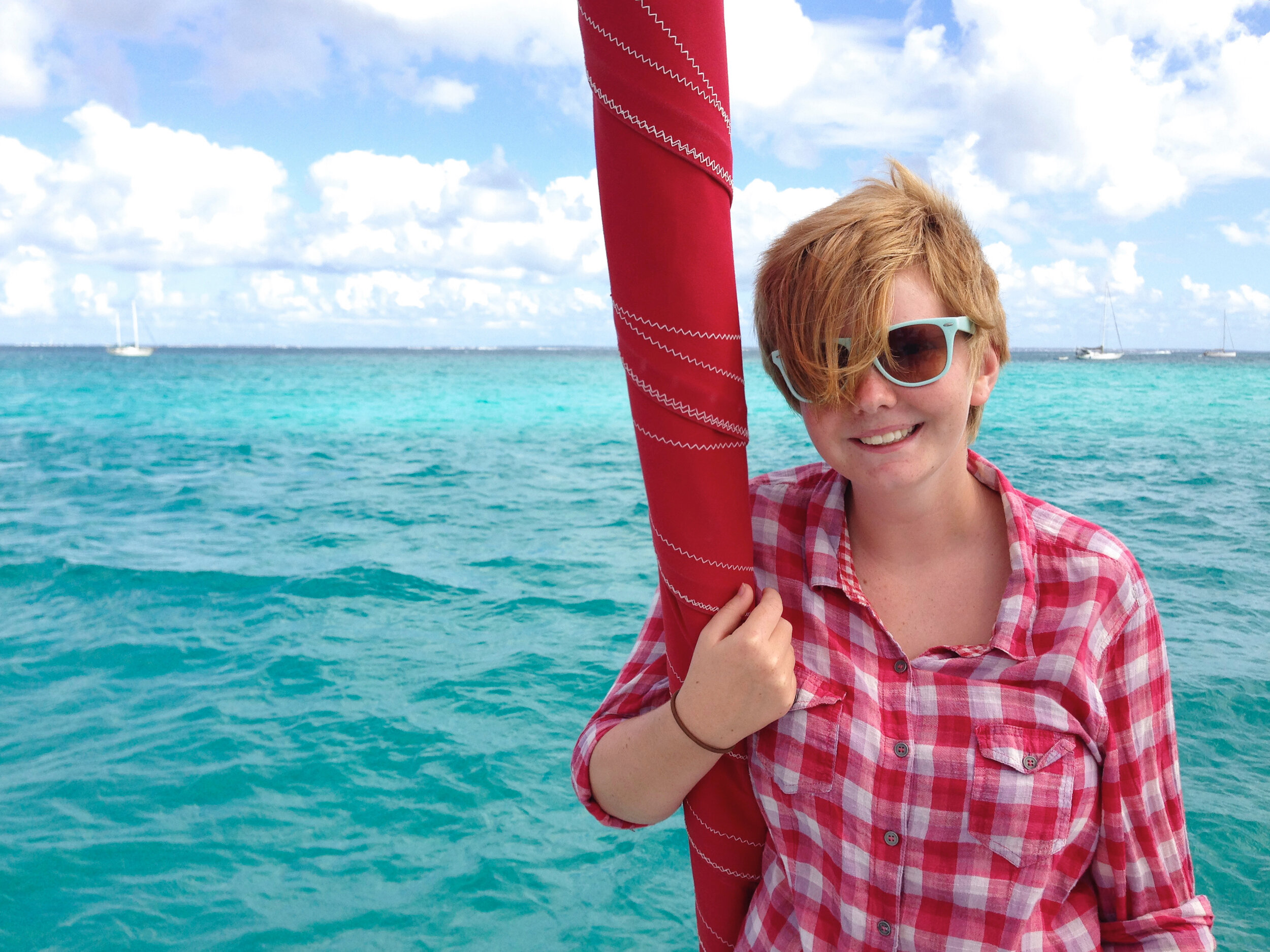You Are What You Read
/by ERIK ORTON
I have a habit of rereading books I like. But I don’t reread the whole book. I like to skim through while I’m eating my bowl of cereal in the morning, only reading the bits I’ve underlined or highlighted. I get reminded of all my favorite ideas and it stokes my fire for the day. Here’s a selection I bracketed in Timothy Ferriss’ The 4-Hour Workweek. As I re-read it, I found myself nodding my head in agreement, realizing how reading these kinds of books were a big part of what helped us get ourselves off the dock. Several years later, I literally hear myself saying the exact same things I underlined.
To me, a worn book is a good sign.
p. 27-28 "NEW CALEDONIA, SOUTH PACIFIC OCEAN
"Some people remain convinced that just a bit more money will make things right. Their goals are arbitrary moving targets: $300,000 in the bank, $1,000,000 in the portfolio, $100,000 a year instead of $50,000, etc. Julie’s goal made intrinsic sense: come back with the same number of children she had left with.
"She reclined in her seat and glanced across the aisle past her sleeping husband, Marc, counting as she had done thousands of times—one, two, three. So far so good. In 12 hours, they would all be back in Paris, safe and sound. That was assuming the plane from New Caledonia held together, of course.
"New Caledonia?
"Nestled in the tropics of the Coral Sea, New Caledonia was a French territory and where Julie and Marc had just sold their sailboat that took them 15,000 miles around the world. Of course, recouping their initial investment had been part of the plan. All said and done, their 15-month exploration of the globe, from the gondola-rich water-ways of Venice to the tribal shores of Polynesia, had cost between $18,000 and $19,000. Less than rent and baguettes in Paris.
"Most people would consider this impossible. Then again, most people don’t know that more than 300 families set sail from France each year to do the same.
"The trip had been a dream for almost two decades, relegated to the back of the line behind an ever-growing list of responsibilities. Each passing moment brought a new list of reasons for putting it off. One day, Julie realized that if she didn’t do it now, she would never do it. The rationalizations, legitimate or not, would just continue to add up and make it harder to convince herself that escape was possible.
"One year of preparation and one 30-day trail with her husband later, they set sail on the trip of a lifetime. Julie realized almost as soon as the anchor lifted that, far from being a reason not to travel and seek adventure, children are perhaps the best reason of all to do both.
"Pre-trip her three little boys had fought like banshees at the drop of a hat. In the process of learning to coexist in a floating bedroom, they learned patience, as much for themselves as for the sanity of their parents. Pre-trip, books were about as appealing as eating sand. Given the alternative of starting at a wall on the open sea, all three learned to love books. Pulling them out of school for one academic year and exposing them to new environments had proven to be the best investment in their education to date.
"Now sitting in the plane, Julie looked out at the clouds as the wing cut past them, already thinking of their next plans: to find a place in the mountains and ski all year long, using income from a sail-rigging workshop to fund the slopes and more travel.
"Now that she had done it once, she had the itch."
Emily and I have found the above to be 100% true. A great way to muster our own courage is to read good books with challenging, paradigm shifting ideas.
If you think this might encourage someone, please consider sharing.




On the pavement between our agent's office and the New York Public Library on Fifth Ave.































